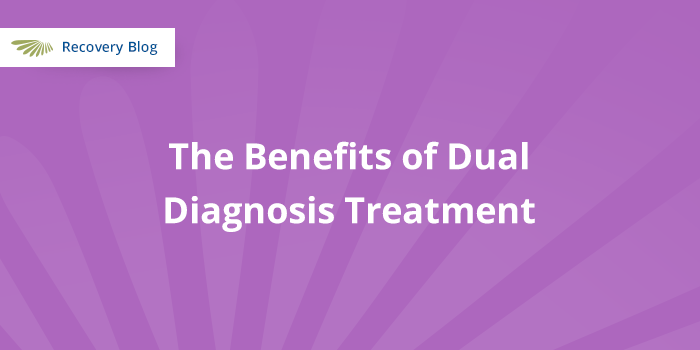The majority of the people battling addiction also have an underlying mental disorder; dual diagnosis disorder. Most of them suffer from conditions like major depression, anxiety, and trauma. However, the challenge is that some of them do not recognize that they have another problem besides addiction, hence seeking only treatment for what they know. The existence of both conditions simultaneously is known as a co-occurring disorder.
The good news is that dual diagnosis disorder treatment centers can help treat the underlying condition and the addiction problem. If you doubt your situation, it will help to seek an assessment before starting treatment. Take a look at some benefits you can get from a dual diagnosis treatment center like The Edge Treatment for substance abuse.
Identifying the Underlying Cause
The first step you will undergo in a dual diagnosis treatment center is a detailed assessment to determine the underlying cause of substance use. It could be trauma, grief, stress, family history, or battling some negative emotions. Some individuals turn to drug use such as alcohol to help them cope with mental disorders like major depression, anxiety, bipolar, and other conditions.
When individuals start using drugs, they do not think of addiction until it happens. A dual diagnosis therapist will dig to get to the root cause of addiction then begin treatment.
Helps Change Thought Process
A dual diagnosis treatment center aims to help patients deal with issues instead of seeking drugs. A therapist will guide you through a process of changing your thoughts and behaviors, learning to work out solutions, and achieving your goals without involving any substance.
The vital thing to note is that dual diagnosis helps create an environment conducive to yourself and build a better future.
Support Groups Going Through the Same Thing
Support from people battling the same conditions as yourself can be essential in effecting recovery. Self-help support groups have several benefits. First, they create a non-judgmental environment to discuss recovery issues, share daily experiences, help those struggling feel a sense of acceptance, and provide members with a dual diagnosis recovery plan.
Dual diagnosis can floss of success in helping patients deal with anxiety through support groups. An excellent way to reach your goals through the groups is by seeking assistance from former patients who have reached the same goals as yours. The trick is that they will offer their honest opinions without exaggeration.
Also Read: Is It Worth It For Drug Addicts To Access A Drug Rehab Center?
Receiving Treatment for Co-Occurring Disorder
Co-occurring disorders are a significant parcel of dual diagnosis. The attending medical experts will conduct a detailed physical, psychological, and mental examination to determine your condition. They will also determine the mental illness they are treating. The analysis will help tell the extent and treatment approaches practical for your situation.
The most common co-occurring mental disorders are major depression, anxiety, post-traumatic disorder, and bipolar. In many cases, a co-occurring condition is the cause of drug use and eventual addiction. Once it is identified, dual diagnosis treatment approaches can treat the whole situation to recovery.
A Final Thought
Now that you understand the benefits of dual diagnosis treatment in battling addiction, it may be an excellent chance to take a step to recovery for you or your loved one. It would be best to treat both the body and the mind simultaneously than waste time and resources treating addiction and ignoring the underlying trigger.



